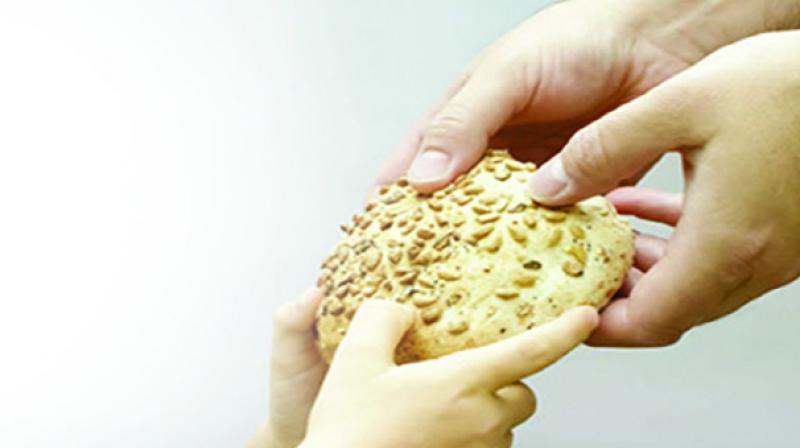Mystic Mantra: Charity - An act to purify wealth

For Muslims, charity is a central aspect of their faith and practice. Governed by a worldview in which all things come from God and finally return to God, Muslims are taught to live as trustees of God’s blessings. Along with fasting and prayers, zakat is a cardinal act of piety in the holy month of Ramadan. The Quran provides both a spiritual framework for the possession of wealth and practical guidelines for its dispensation. If we believe that all things, ultimately, belong to God, then it behoves on us to spend everything in accordance with the plan of God. Frugality with self and generosity with others is the underlying Quranic message of charity (Q2:219): “They ask thee how much they are to spend; say: “What is beyond your needs”.
The Quranic word for charity is zakat. Other than zakat, which is obligatory, people can also offer alms voluntarily known as sadaqah. Muslims are obliged to purify their wealth by calculating 2.5 per cent of their assets — including money in bank accounts, shares, investments, pensions, gold, etc. — and giving it to the less fortunate. Zakat represents the minimum amount of charity that each individual is obliged to give as a virtuous human being. .
The zakat is levied on five categories of property — foodgrains; fruit; camels, cattle, sheep and goats; gold and silver; and movable goods — and it is payable each year after one year’s possession. Recipients of zakat include the poor and needy, the collectors themselves and “those whose hearts it is necessary to conciliate”— e.g., discordant tribesmen, debtors, volunteers in jihad (holy war) and pilgrims. Intrinsic to the obligation of giving in Islam is the universal truism that a love of humanity and a love of God beget charitable deed.

